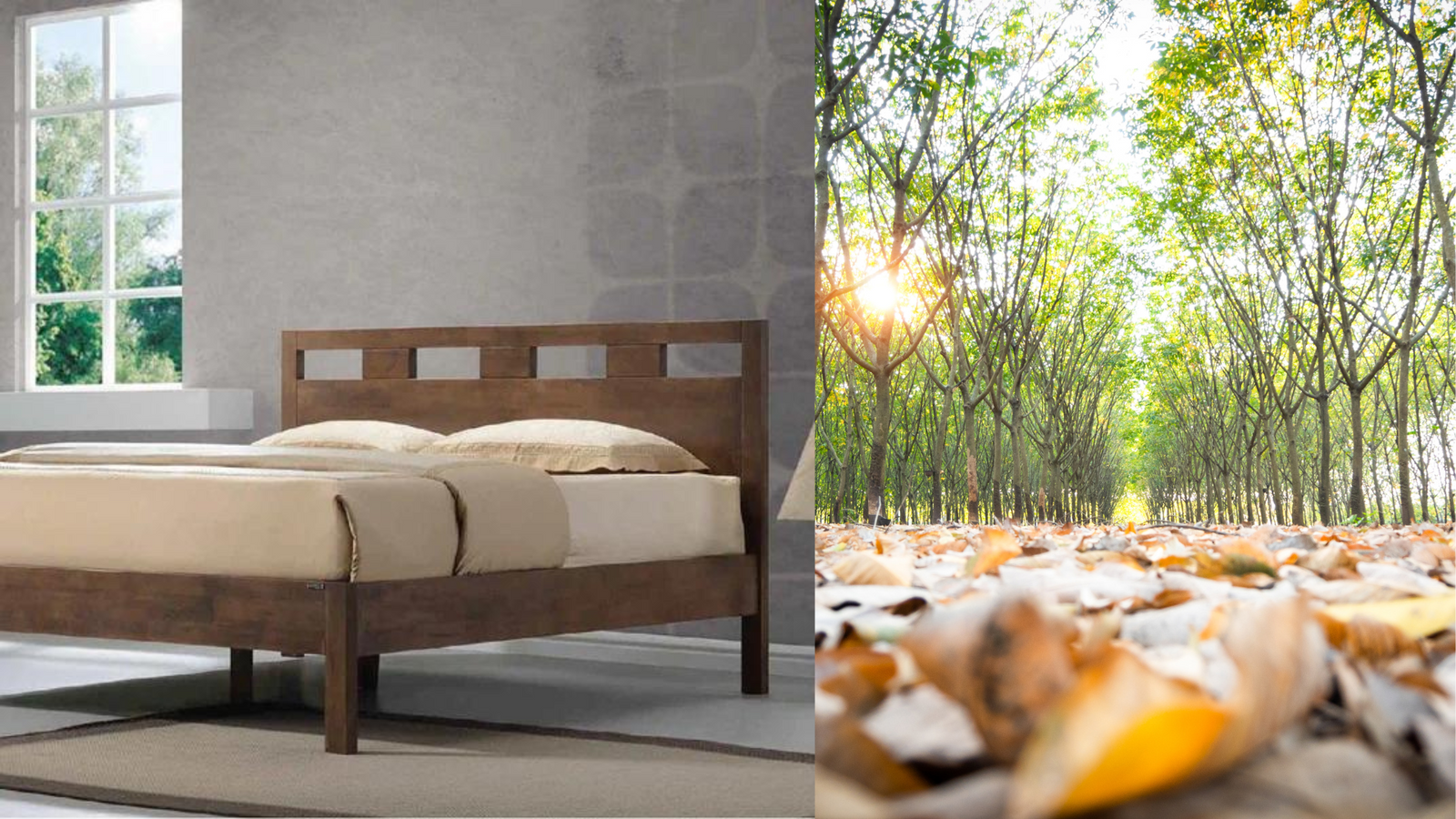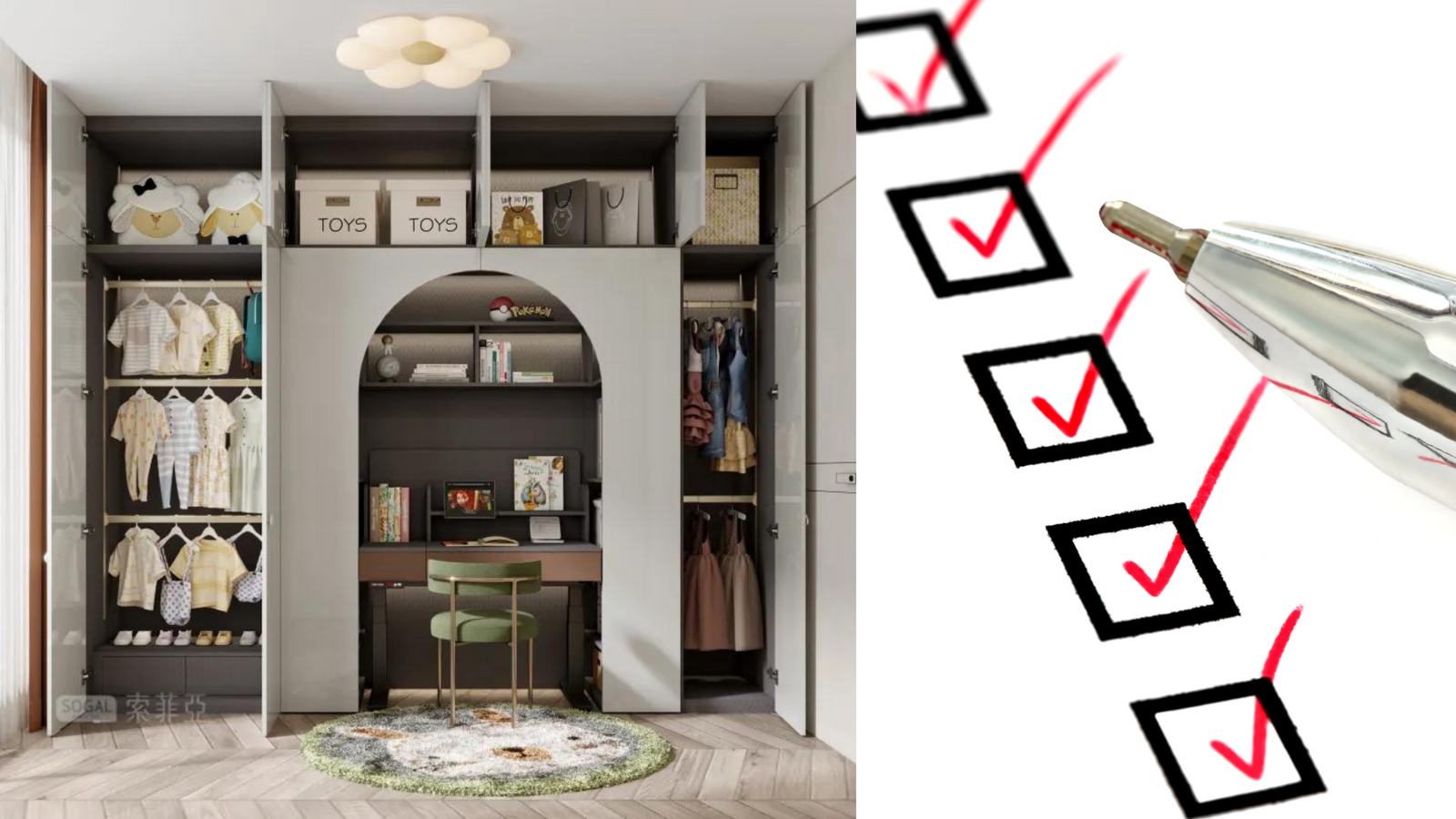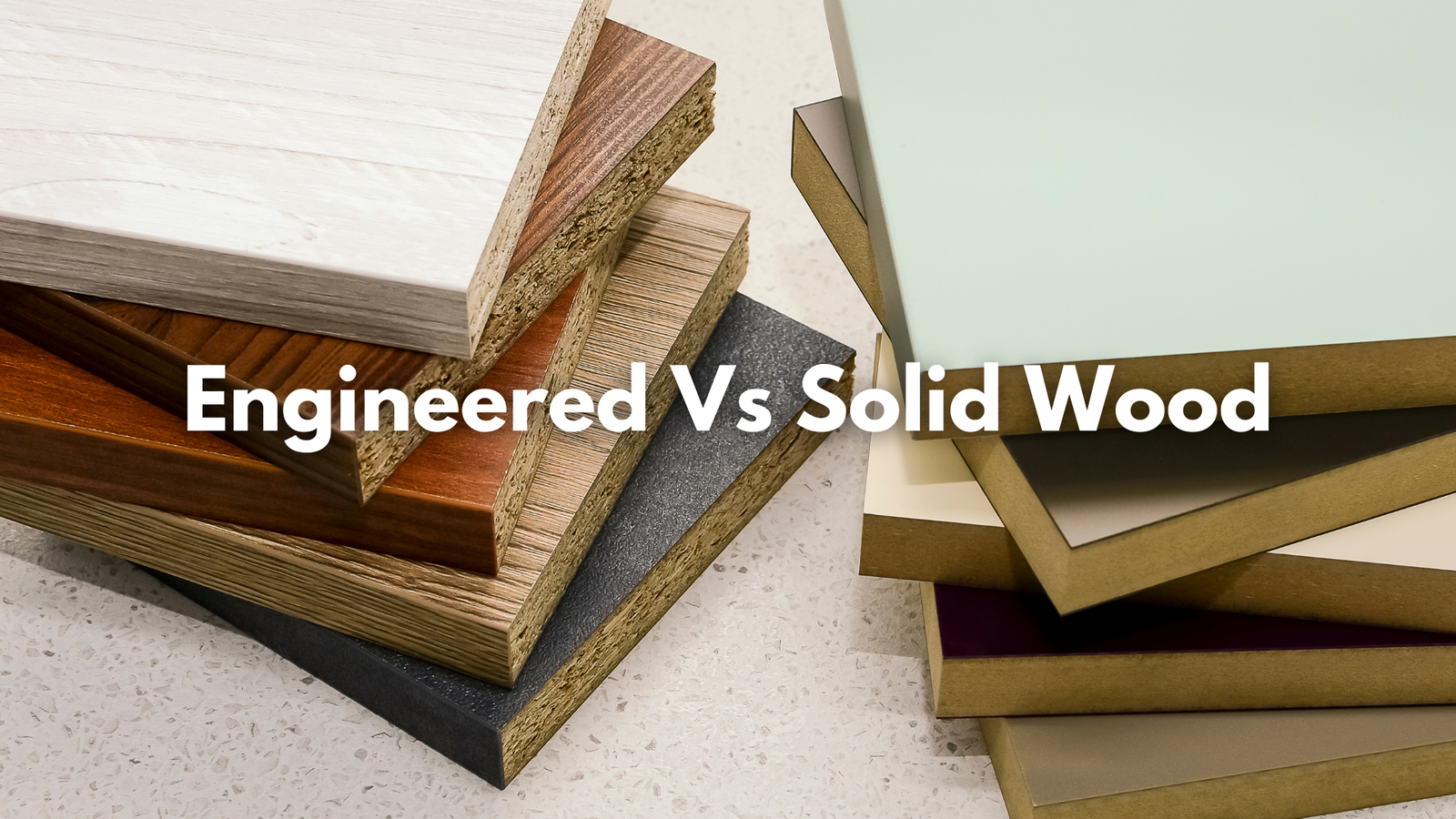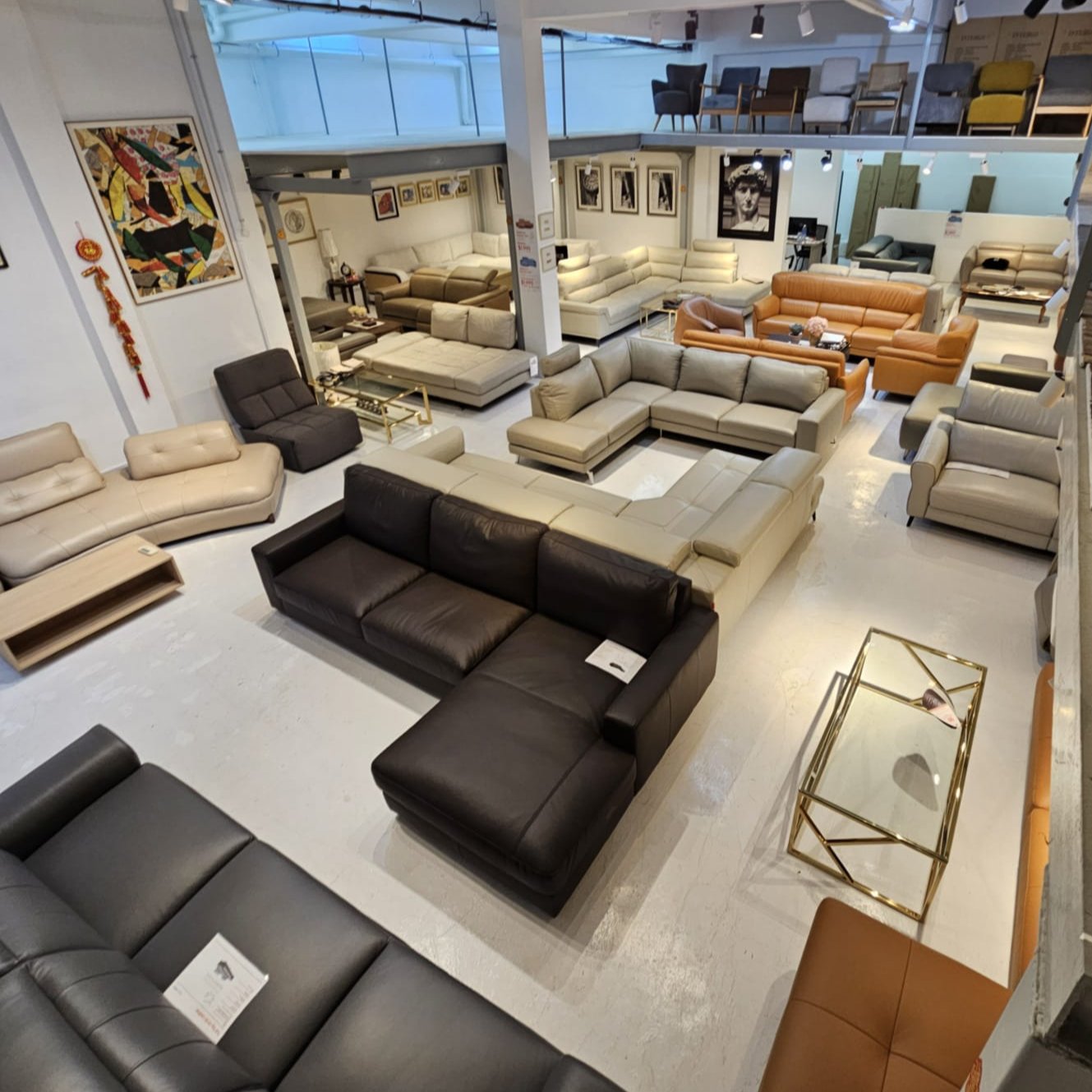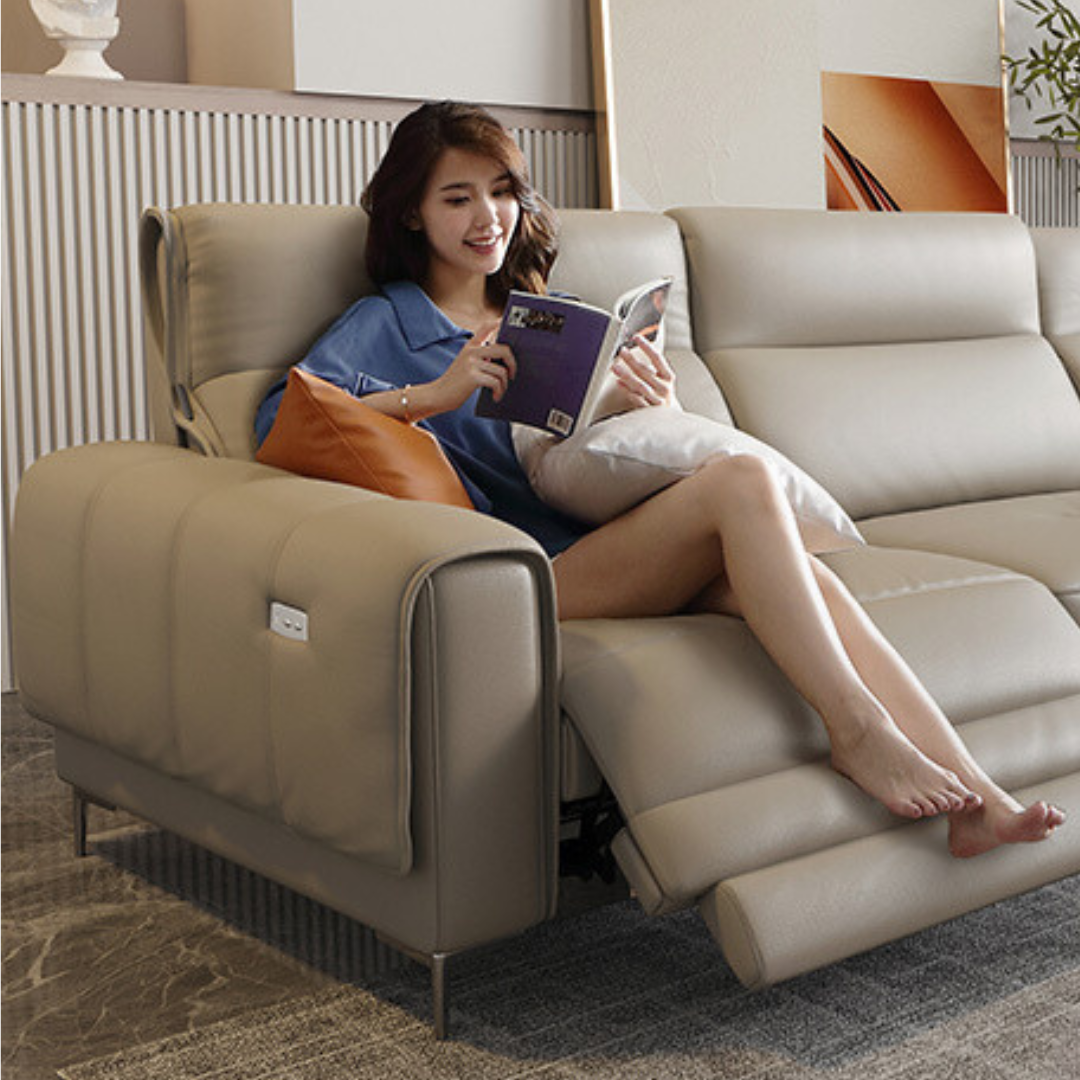As awareness around sustainability grows, more homeowners are paying closer attention to the materials used in everyday furniture. A bed frame, often kept for many years, plays a meaningful role in how a home impacts the environment. Solid wood beds continue to matter because they combine material honesty, durability, and responsible use of natural resources.

Solid wood is a renewable material when sourced responsibly. Trees can be replanted and managed over time, allowing wood to be used without permanently depleting natural resources. Unlike synthetic or heavily processed materials, solid wood remains biodegradable at the end of its lifespan, returning to the environment without introducing persistent waste.
The environmental impact of furniture production is also influenced by how materials are processed. Solid wood furniture typically requires fewer energy-intensive manufacturing steps compared to composite materials that rely on adhesives, chemical bonding, or synthetic layers. This more direct production process helps reduce overall energy consumption and associated emissions.
Durability is another important sustainability factor. Solid wood beds are designed to last through years of daily use. Their long service life reduces the need for frequent replacement, which in turn lowers demand for raw materials, transportation, and repeated manufacturing. Fewer replacements mean less waste generated over time.
Responsible sourcing further strengthens the environmental value of solid wood beds. When timber is harvested under sustainable forestry practices, ecosystems are protected and biodiversity is preserved. Certification frameworks such as FSC or PEFC help ensure that wood is sourced with long-term environmental balance in mind, supporting forest regeneration rather than depletion.
Material finishes also influence sustainability and indoor living quality. Solid wood beds can be finished using natural oils, waxes, or low-emission treatments that minimise chemical exposure. This contributes to healthier indoor environments while reducing the release of pollutants during both use and disposal.
At the end of its life, solid wood remains highly adaptable. It can be repaired, refinished, repurposed, or recycled into new applications. This adaptability supports a circular approach to furniture use, where materials are kept in use for as long as possible rather than discarded prematurely.
Ultimately, choosing a solid wood bed is not only a design decision but also a material choice that reflects long-term thinking. By prioritising durability, responsible sourcing, and natural materials, solid wood beds support a more considered and sustainable way of furnishing the home.
Recommended Links
- Tatami Storage Bed Collection.
- Single And Super Single Bed Frame Collection.
- Top 10 Best Storage Bed Features For Singapore.
- Top 10 Best Mattress Features For Better Sleep.
- 10 Dangers Of A Hydraulic Storage Bed.
- The Art of Tatami Sleeping.
- Learn more about Tatami Beds.
- To keep in touch with us about the latest deals follow us on Facebook .

